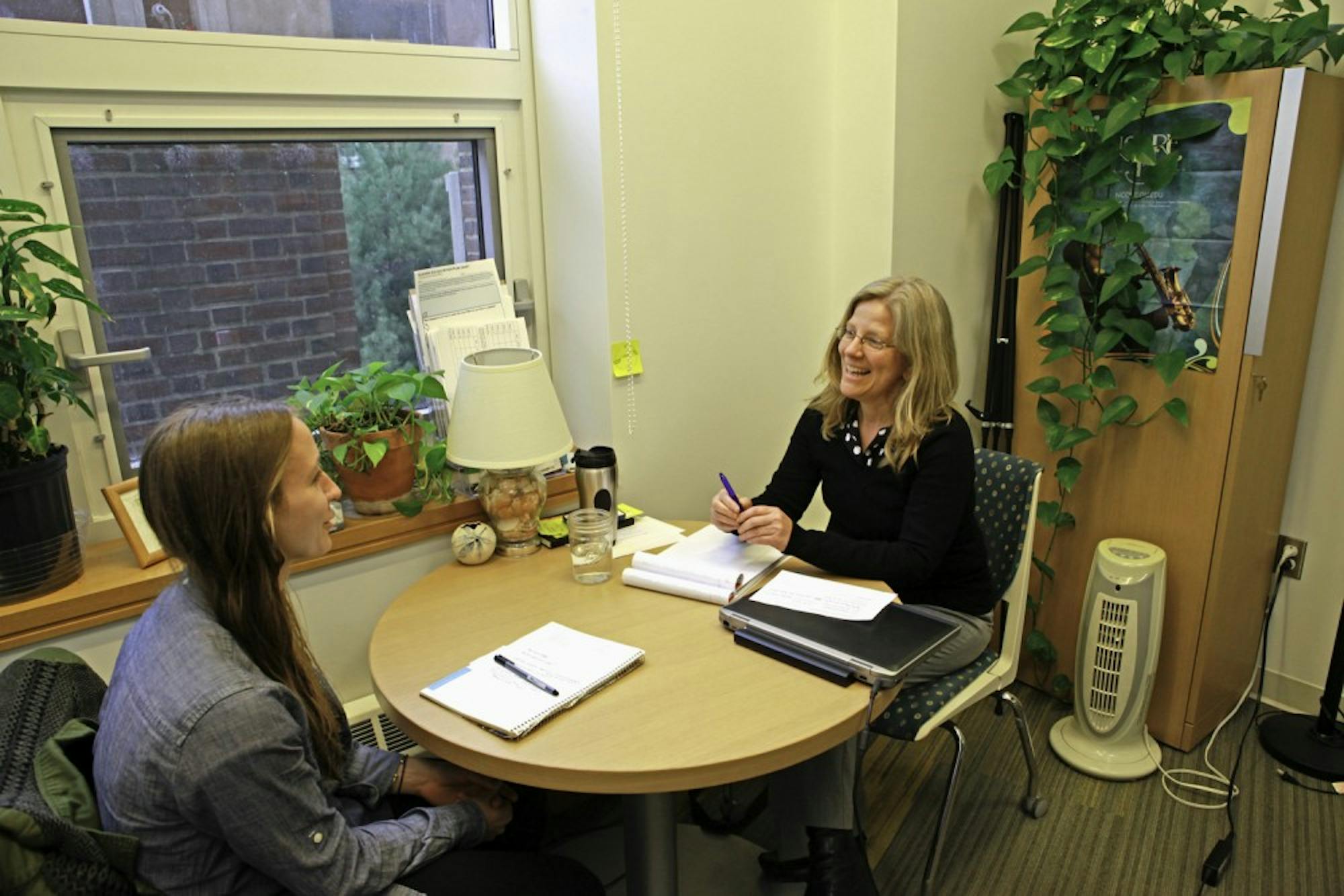Geisel School of Medicine professor Tim Lahey will become the faculty director of the health professions program, replacing longtime program leader and biology and Geisel professor Lee Witters, who elected to step down. The program is currently undergoing restructuring and will expand to hire a staff member for the new position of associate director, associate dean of faculty for the sciences and computer science professor David Kotz said.
Kotz said that the program is changing partly due to increased student interest and that last year, the program received funding from the College for hiring and restructuring.
“It’s not necessarily a huge change — our goal is still the same,” he said. “We want to support students who are interested in health-related careers with a team that can provide one-on-one advising and a broader set of programs.”
Lahey said that the program supports more than 1,000 undergraduate students.
“We wanted to make sure we made the services more robust, partly by building out the number of staff members in the program and partly by trying to centralize the programs,” he said.
The health professions program offers advising to pre-health students and helps with medical school applications. Currently, the program includes two staff members, pre-health advisor Sarah Berger and program coordinator Annette Hamilton.
“They’re doing a great job, but they would like to be able to do more if they had more hours in the day, so having new staff is going to help achieve those dreams,” Lahey said.
Witters said Lahey’s appointment is part of a larger restructuring of the program.
“I felt that since I’m close to retirement, though I’m not retiring, that it might be best for people who are carrying on this vital program to really be on the ground floor of the re-planning and reorganization,” Witters said.
The program is moving from the Dean of the College’s office to the dean of the faculty’s office, a shift that reflects the program’s academic mission, he said.
“You can think of it as a major in some ways — but a different kind of academic program that’s also involved with planning and executing extracurricular activities,” he said. “I thought having it under faculty direction was really what it needed, so I am quite pleased to see that has occurred as part of this transition process.”
Kotz said that the shift will help the health profession program coordinate with other academic advising programs, including first-year advising and undergraduate research initiatives like the Presidential Scholars and Women in Science Program.
Lahey said he is interested in learning from Witters and the other program staff members, as well as students, to understand what aspects of the program are effective and valuable before he implements significant changes.
“I think the first year is a year of listening and learning,” he said. “Sometimes I’ll see people coming newly into a program and they’re just full of great ideas and kind of don’t learn enough about what exists first, and I want to make sure I know what it is first before I do anything big.”
Tailoring the program to students’ needs and interests through programming and focused networking is part of Lahey’s ultimate goal, he said.
“Could we leverage [The Dartmouth Institute] and [Geisel Medical School] and connections in a way that isn’t being fully realized now, and could we get even more for our undergraduates?” he said. “I think that is an exciting thing to explore.”
Kotz said that Lahey is a good fit for the program because of the his various clinical and educational involvements. He noted that Lahey has clinical expertise from working at DHMC and is an active faculty member at Geisel, in addition to teaching undergraduate courses.
“He brings that full breadth of experiences that I think will help him advise undergraduates,” Kotz said.
Kotz said that the program has expanded considerably under Witters’ leadership.
Witters said that he has directly or indirectly advised nearly 6,000 students and taught about the same number. He added that he will continue to work with the Nathan Smith Society, a student organization for those interested in the health professions, advise alumni and help with the health professions program transition.
“Giving up things that you’ve done for a long time and that you’ve really enjoyed doing and where you think you’ve made an impact is sometimes bittersweet, and it is something I am going to miss,” he said.




